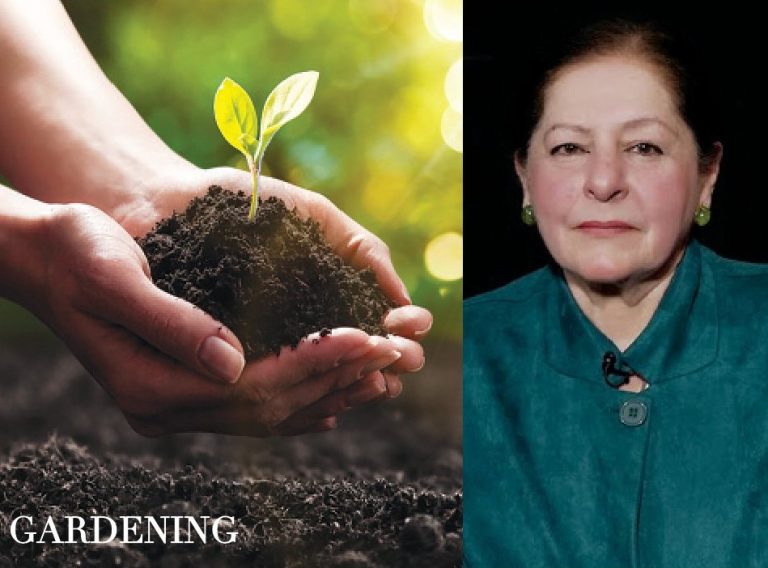Rice husk ash is the byproduct of rice milling and the medium of the future. It’s a substitute for inorganic fertilizer, used in combination with other composts as a soil amendment and a carrier of bio-fertilizer.
The benefits of rice ash husk ash are many folds:
- It improves the structure of soil. When added in combination with press mud and leaf mold, it makes soil crumbly and increases aeration. This leads to better root development of plants.
- It has a good quantity of potash in it, so when added to flower fruiting plants and shrubs, it enriches their growth, quantity, fragrance, color and blooming period.
- Helps in eradicating soil pests and diseases. When added to perennials, it hinders the production of snails and slugs by sticking to their slimy bodies. As it keeps soil aerated, chances of fungal infestation, leaf curl and powdery mildew is reduced and eliminated. Keeps plants happy and green.
- Diminishes the use of harmful, strong pesticides and fungicides. Rice ash should be regularly used for edible plants, fruit trees and vegetables.
- Sprinkling rice husk ash on soil after harvesting vegetables helps in more healthy pickings. This applies specially to recurring ones like spinach, coriander, mint, okra, eggplant etc.
Leaving the readers with a quote by Lyndon B. Johnson that said, “The best fertilizer for a piece of land is the footprints of its owner” and the Russian Proverb according to which, “Without a fertilizer, there couldn’t be any plants



